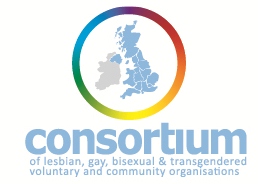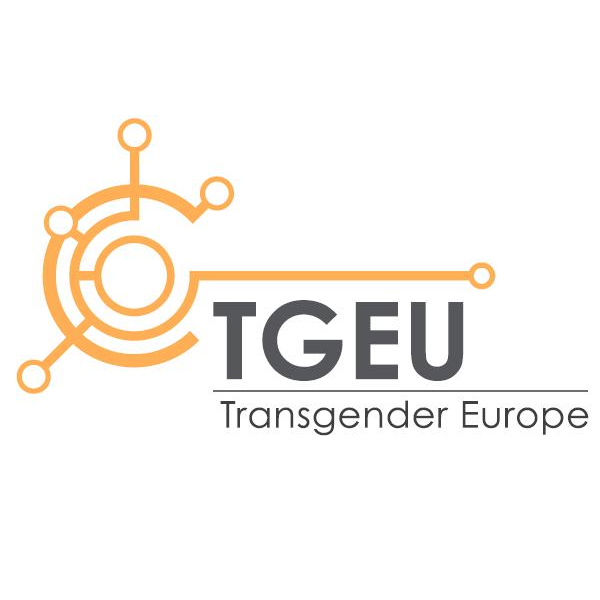- Details
- Document originally published by PACE
Researcb into inequalities in mental health in lesbian, gay, bisexual and transgender (LGBT) people in England.
Extract from Website
PACE has been funded by the Big Lottery to undertake a major research study on inequalities in mental health in lesbian, gay, bisexual and transgender (LGBT) people in England. The project, entitled the RaRE study, Risk and Resilience Explored is being undertaken at PACE in partnership with academics from Brunel, Aston and South Bank Universities. The study started in 2010 and was completed in 2015.
Background to the project
Research has shown that compared to their heterosexual counterparts:
- LGBT youth are more likely to attempt suicide (Remafedi et al., 1998; Zhao et al., 2012)
- Lesbian and bisexual women are more likely to have drinking problems (Cochran and Mays, 2009; King et al., 2008; Rosario, 2008; Hunt and Fish, 2008)
- Gay and bisexual men are more likely to have body image disorders (e.g. Kaminski et al., 2005)
Project Aims
The overall aims of the study are to improve mental health support for LGBT people by influencing local and national policy and practice. The study aims to answer the following questions regarding the above health inequalities:
- Which LGBT people are experiencing these problems?
- What are the predictive (risk) factors for these problems?
- What protective (resilience) factors seem to prevent people from experiencing these problems?
- Are the predictive and protective factors different between LGBT and heterosexual people?
- Comparing predictive and protective factors for LGBT people between problems, what similarities and differences exist?
- What interventions might be effective to help reduce these health inequalities?
Methodology
There are several key stages to the study:
- A stakeholders survey regarding perceived needs in regards to LGBT mental health care
- A literature review to identify existing research and knowledge
- In-depth interviews with a sample of LGBT people who suffered from the problems under study
- A survey of LGBT and non-LGBT people who have experienced these problems;
- In-depth interviews with people whose experience does not match what is expected
- Dissemination
- Change support programme
- Details
- Document originally published by Action for Trans* Health
Preliminary results of survey into experiences of non-binary people accessing healthcare.
Read more: Experiences of non-binary people accessing healthcare
- Details
- Document originally published by Helen Belcher
Preliminary statistics from the UK's #TransDocFail survey.
- Details
- Document originally published by Joint United Nations Programme on HIV/AIDS (UNAIDS).
Report looking at HIV and AIDS in transgender people.
- Details
Results from a survey into the effect of treatment delays to the psychological well being of transgender patients
Read more: Effect of treatment delays to the psychological well being of transgender patients
- Details
Presentation by Dr Elin Skagerberg for the Trans* Emerging Trends Conference 2014 giving the results of an audit on young patients at the GIDS service in London.
Read more: Associated Difficulties in Children and Adolescents with Gender Dysphoria
- Details
This research identifies specific barriers that lesbian, gay, bisexual and transgender (LGBT) people in Wales may face accessing appropriate support for experiences of domestic abuse, stalking and harassment and sexual violence. The findings set out clear opportunities for the future development of services and more effective, inclusive practice.
- Details
- Document originally published by Meng-Chuan Lai, Autism Research Centre, University of Cambridge
Presentation by Dr Meng-Chuan Lai MD, PhD. (Autism Research Centre, University of Cambridge) for the Trans* Emerging Trends Conference 2014 regarding the relationship between autism and gender variance.
Read more: The Gender and Autistic Spectra: Crossroads and Unresolved Mystery
- Details
- Document originally published by Trans Forum
This survey was designed to gather information about Trans* patients experiences of accessing healthcare services from their GP. It aims to build a picture of current healthcare provision by GPs for Trans* people in Manchester and beyond.
Read more: Trans* Patients’ Experiences of their GP Surgery - Annual Survey 2013
- Details
- Document originally published by L. Trost, T. R. Saltz & W. J. G. Hellstrom
Reviews and evaluates published adverse effects associated with finasteride and dutasteride usage, both 5-Alpha Reductase Inhibitors (5ARIs). Finasteride is mentioned by the Royal College of Psychiatrists' Good practice guidelines for the assessment and treatment of adults with gender dysphoria as a potentially helpful drug for use by UK trans women who suffer from male-pattern baldness (androgenic alopecia), but it is also used in treatment of other conditions, including benign prostate hyperplasia. The review covers articles published from 1992-2012.
Read more: Side Effects of 5-Alpha Reductase Inhibitors: A Comprehensive Review
Page 1 of 2
UK Trans Info is run by volunteers and relies on donations from supporters in order to function. If you feel able to donate then please use the button below to make your donation. You will be able to choose how much you would like to donate (any amount is greatly appreciated) and if you would like it to be a one-off or a monthly donation.








